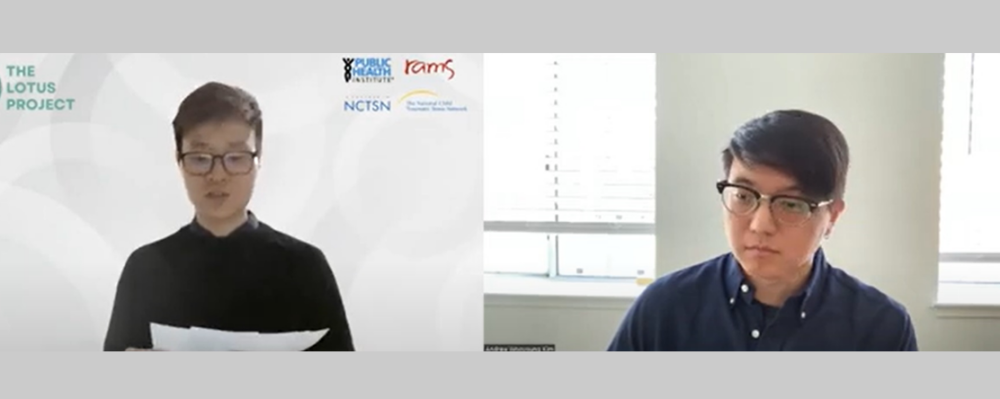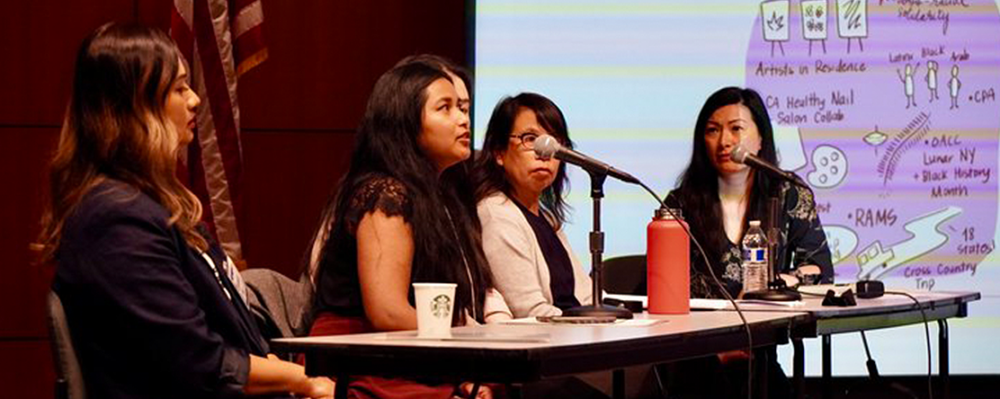
A Tale of Two Cities: Access to Care and Services Among African-American Transgender Women in Oakland and San Francisco
- Tooru Nemoto, PhD
- Taylor M. Cruz, Mariko Iwamoto, MA, and Maria Sakata, MA

Transgender women face institutional and individual discrimination and stigma across a wide variety of contexts, impacting their health and well-being.Transgender women have heightened rates of mental health problems, including depression and anxiety, and may turn to substance use as a means to cope with these problems and the underlying source of stigma. Transgender women are also at higher risk for HIV and STIs, and have an increased rate of suicidal thoughts and attempts, especially among those who report experiencing transphobia. African-American transgender women in particular are severely marginalized across society and as such have many unmet health and social service needs.
San Francisco is internationally recognized as a city with greater acceptance toward gay and lesbian people, and is also one of the cities most impacted by the HIV epidemic among gay and transgender people in the United States. Many transgender people travel to the San Francisco Bay Area with the hope of receiving greater social acceptance of their gender identity and expression, and it is expected that there are large African-American transgender communities in both San Francisco and Oakland. However, the resources for HIV/AIDS care and prevention, substance abuse and mental health treatment services, and other health and social services significantly differ between two cities.
Recognizing that one city possesses considerably fewer resources, support, and infrastructure for the health needs of all of its inhabitants than the other, this study seeks to describe unmet needs for health services and public assistance programs among the most marginalized segment of this population—African-American transgender women with a history of sex work—in relation to geography (Oakland vs. San Francisco), other demographic variables, transphobia, social support, and transgender community identity.
While participants from both cities reported unmet needs, Oakland participants had a greater number of unmet needs in receiving basic assistance, mental health treatment, and health care services. The study demonstrates the enormity of African-American transgender women’s needs within the Bay Area and the need for more resources for social service provision targeting this marginalized group of people, particularly in Oakland.
Originally published by LGBT Health
Work With Us
You change the world. We do the rest. Explore fiscal sponsorship at PHI.
Support Us
Together, we can accelerate our response to public health’s most critical issues.
Find Employment
Begin your career at the Public Health Institute.


